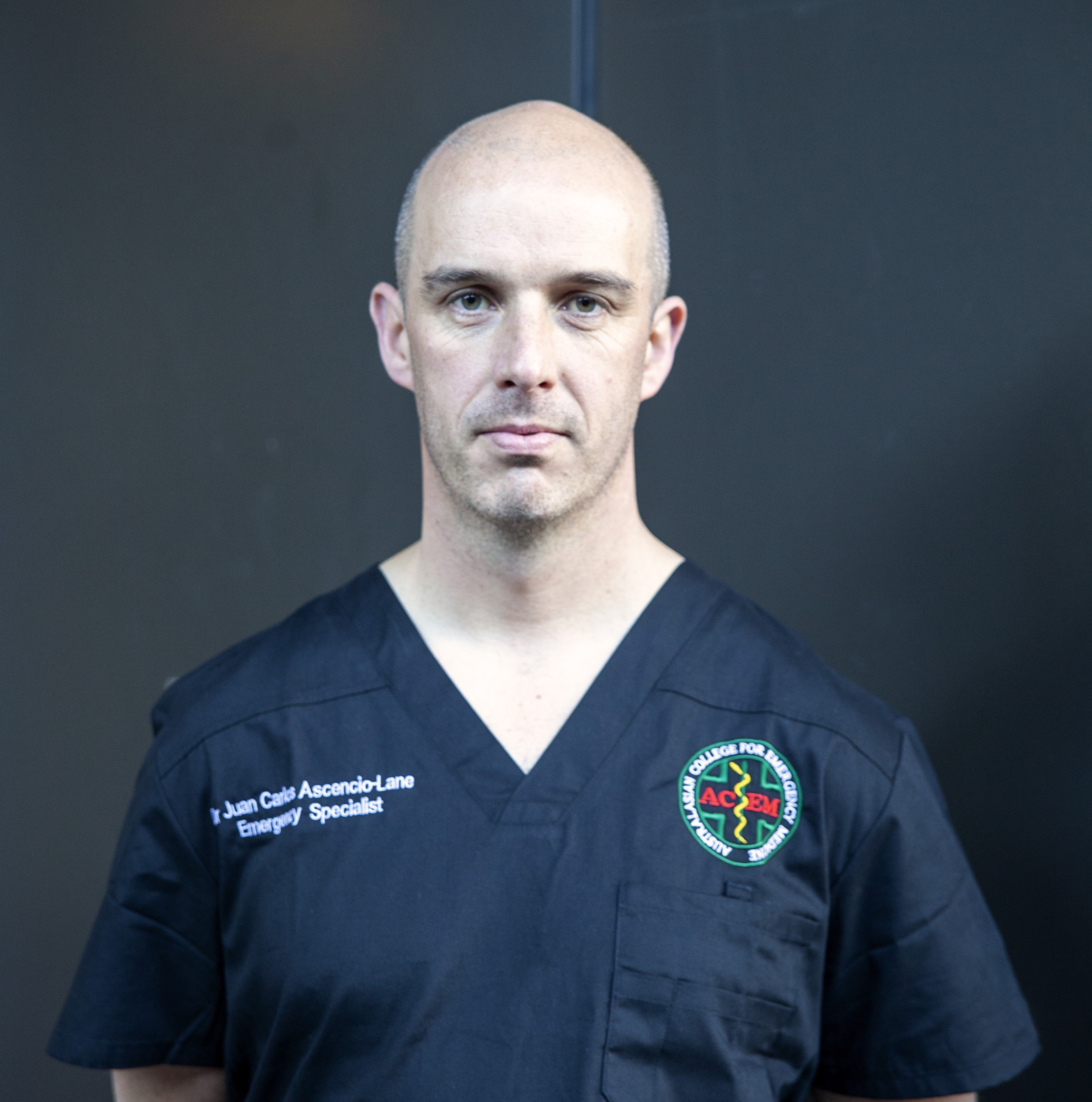The ACT Council of Social Service (ACTCOSS) today welcomed news that the ACT Government has designated three independent bodies to ensure the human rights of people in detention are protected.
The Office of the Inspector of Correctional Services, the ACT Human Rights Commission and the ACT Ombudsman to the Commonwealth have been appointed as the ACT’s National Preventive Mechanism (NPMs) to support Australia’s implementation of the United Nation’s Optional Protocol to the Convention Against Torture and Other Cruel, Inhuman and Degrading Treatment or Punishment (OPCAT).
ACTCOSS CEO, Dr Emma Campbell said: “The appointment of these bodies is a positive and fundamental step in ensuring proper oversight of detention facilities. The work of the ACT National Preventative Mechanism will be particularly important in protecting the human rights of vulnerable people.
“The overrepresentation of marginalised groups in ACT prisons exacerbates the risk of detained people’s human rights being undermined and abused. Aboriginal and/or Torres Strait Islander peoples, people with disabilities and gender diverse people are all at increased risk of harm and wrongdoing in the justice system. The objectives of OPCAT serve to redress such injustice, and the newly appointed oversight bodies must now hold the ACT Government accountable to ensuring protection of vulnerable people.
“The community’s interest in the protection of rights of detainees also reinforces ACTCOSS’s call to raise the age of criminal responsibility. As urged by The UN Committee on the Rights of the Child, Australia’s criminalisation and imprisonment of 10-13 year old children directly undermines human rights and contradicts efforts to protect children.
“Raising the age is the best and only way to protect the human rights of children and prevent torture and inhumane treatment.
“Given the increased burden and workload on the organisations appointed NPMs, ACTCOSS encourages assurances around the increased funding of these bodies. In order to carry out their obligations and oversight responsibilities under OPCAT, these expert agencies will require additional resourcing,” Dr Campbell said.
ACTCOSS noted a lack of consultation from the ACT Government on this matter despite marked interest from the community. Dr Campbell said she welcomed future consultation and increased communication from the ACT Government on matters of public interest impacting the most vulnerable in our community.







